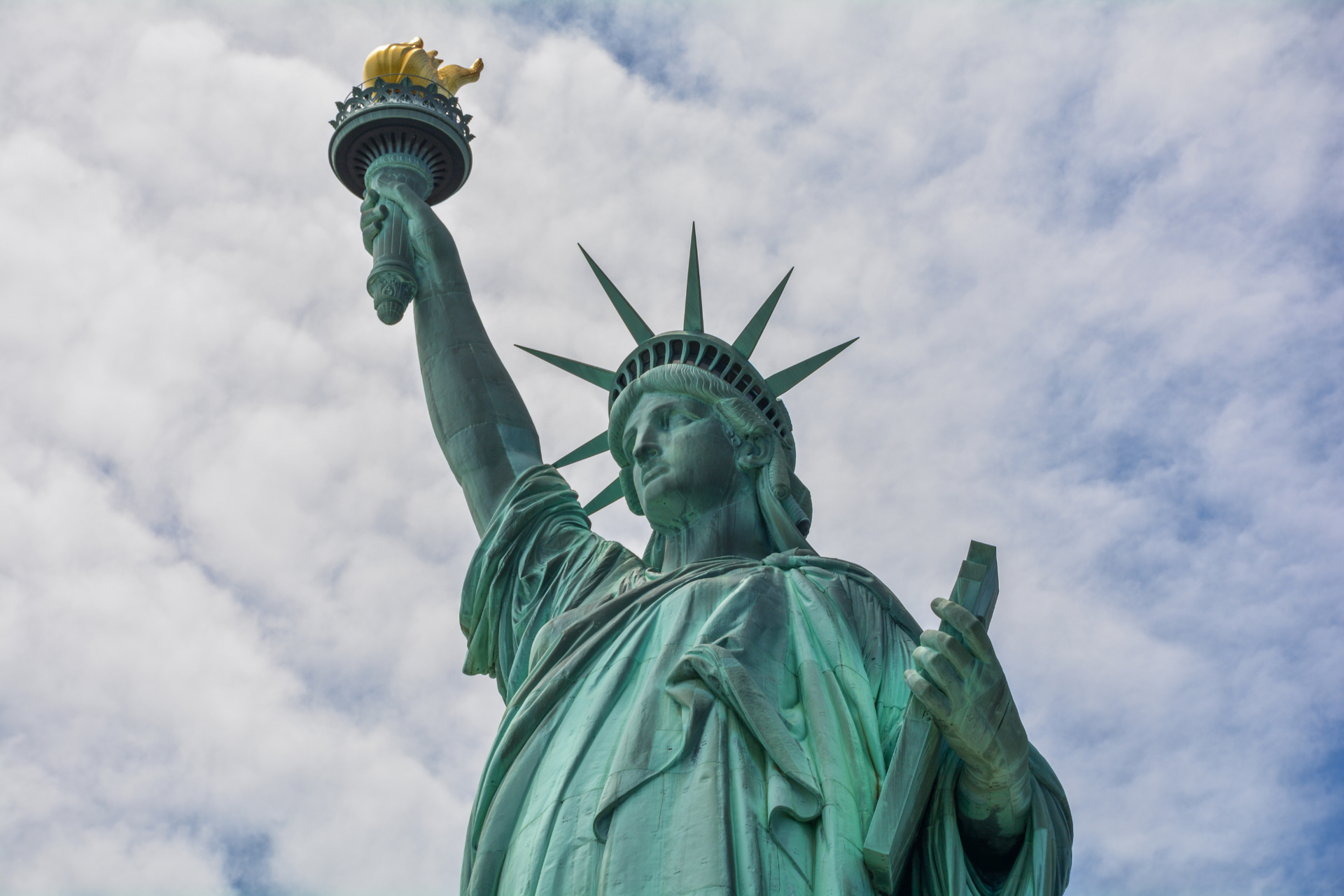In 1980, the Supreme Court famously said that Congress may treat Puerto Rico differently from states as long as there is a rational basis for its actions. The case was Harris v. Rosario, and the holding meant that Congress could set a lower level of reimbursement to recipients in government programs.
Since the Supreme Court issued this ruling, Congress has taken advantage of the permission to treat Puerto Rico differently — and, to be honest, worse — than it does States. There are at least 40 federal programs that either do not include Puerto Rico at all, or pay less to Puerto Rico and its residents than a State with a similar population would receive.
Here are some examples of additional funds Puerto Rico would receive as a State:
- $1.8 billion a year in Supplemental Security Income (SSI) aid to low-income elderly and disabled Puerto Ricans, including 320,000 people who receive no assistance now
- $1.5 billion a year more in Medicare healthcare for the elderly and the disabled
- $3 billion a year more in Medicaid healthcare for the poor, covering up to 1.1 million more Puerto Ricans and saving $358 million for the Government of Puerto Rico
- $1.5 billion a year for health insurance subsidies for 160,000 middle-income families
- $700 million a year more in the Supplemental Nutrition Assistance Program (Food Stamps) for 496,000 more Puerto Rican families than receive nutrition assistance now
- $237 million in Child Tax Credit payments to 355,000 low and low-middle income working families
- $600 million in Earned Income Tax Credit payments for low-income working families
Numbers of this kind make it clear that talking about how Puerto Rico’s government got itself into debt is inaccurate, or at least incomplete. Puerto Rico and Puerto Ricans must pay many expenses which the federal government covers for States.
Puerto Rico belongs to the United States. No other nation is responsible for Puerto Rico. No other nation should be expected to help cover the costs of Puerto Rico’s basic needs. But the United States should do so.
The Government Accounting Office reported in 2014 on the economic effects Puerto Rico’s statehood could be expected to have. Click through for detailed discussion of the report and a direct link to the report itself. However, the report can be summed up by saying that Puerto Rico could expect billions in additional funding if it became a State — and that the United States would also receive billions in income from a State of Puerto Rico. While history has shown that territories which become States invariably benefit economically, the change in federal income tax would initially benefit lower income residents of Puerto Rico. In fact, Pedro Pierluisi, who was Puerto Rico’s Resident Commissioner at the time, estimated that 70% of Puerto Ricans would benefit directly and immediately from statehood.
The stimulus to Puerto Rico’s troubled economy would be striking.
However, these predictions are relevant only if Puerto Rico becomes a State. As a territory, Puerto Rico must rely on Congress to provide equitable funding in federal programs. Congress has not yet taken action even on equity in Medicaid funding, which has been championed recently by many of its members.
Arguments have been made that Puerto Rico doesn’t deserve equal federal benefits because the people of Puerto Rico generally don’t pay federal income taxes. However, a large proportion of residents of States also don’t pay federal income taxes. This fact negates those arguments.
If Puerto Rico chooses independence in the upcoming plebiscite, even less funding can be expected. If they choose statehood and Congress acts on that choice, the inequality will be fixed automatically. But as long as Puerto Rico remains a territory, only Congress can fix the inequality facing the Island.


